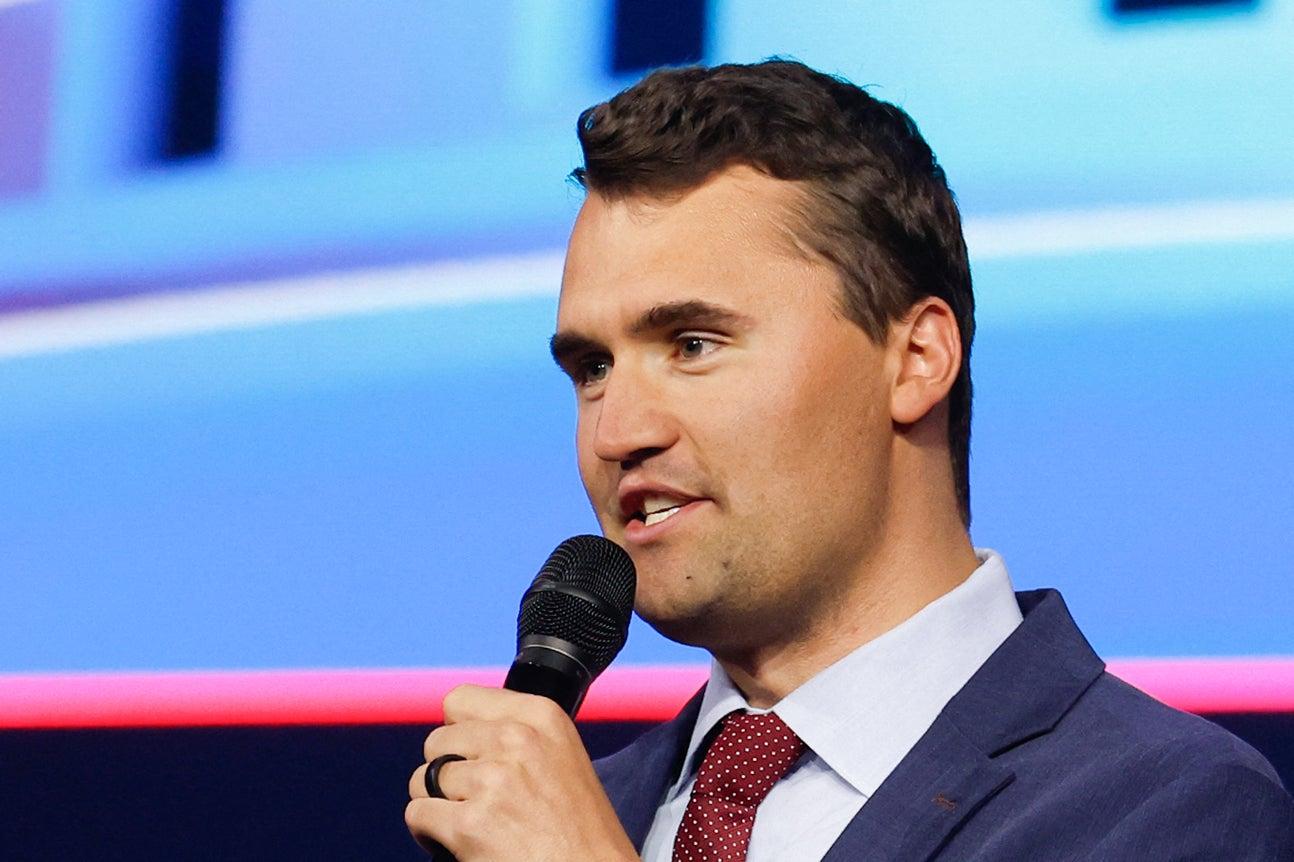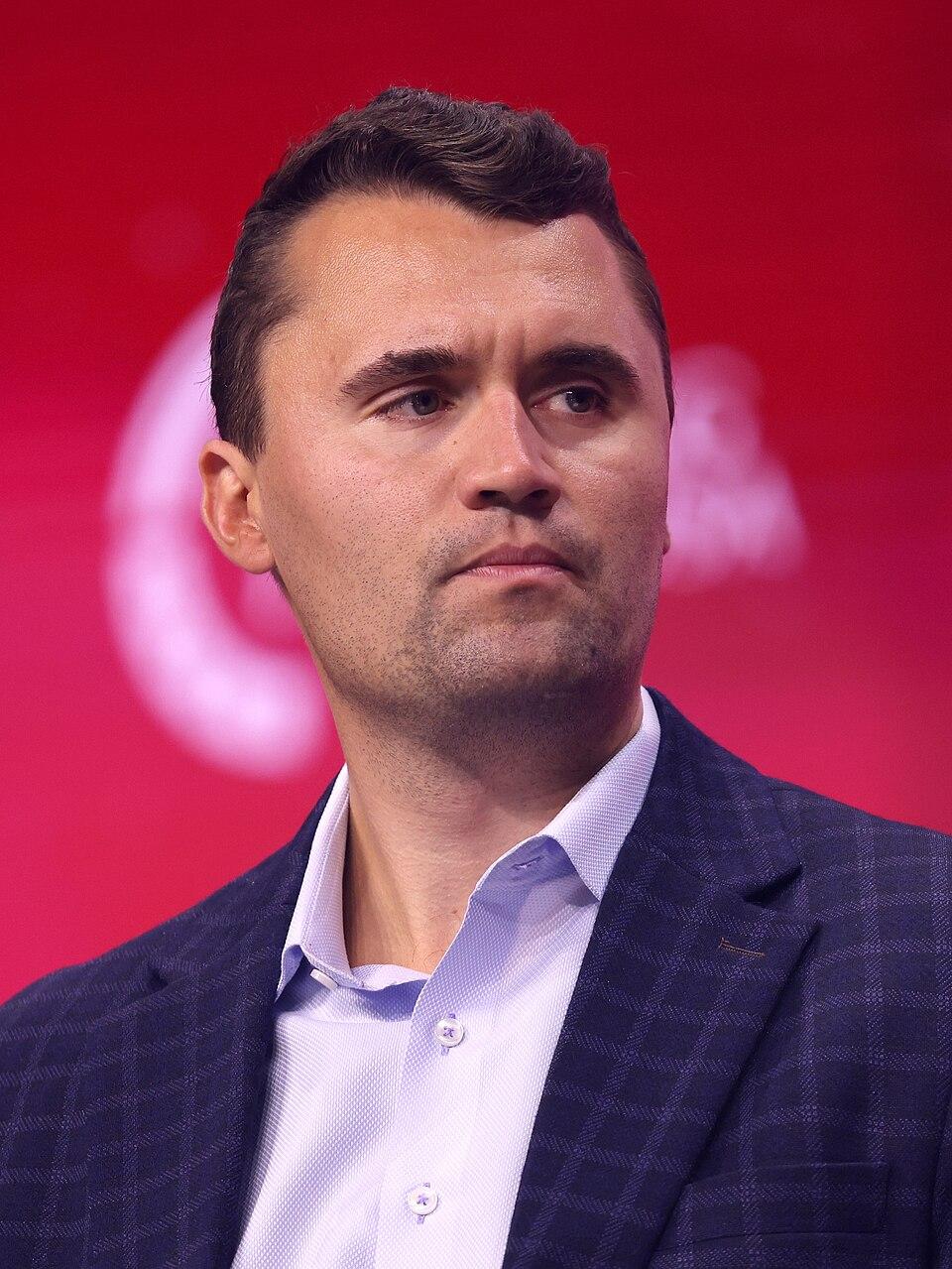The Rise of Charlie Kirk: From College Student to Conservative Leader
in an era defined by political polarization, Charlie Kirk emerged as a pivotal figure embodying the aspirations and frustrations of a new generation of conservative youth. as the founder of Turning Point USA, a grassroots association aimed at educating university students on free market principles and conservative ideals, Kirk harnessed social media to amplify his message. His approach connected with an audience craving authentic representation, allowing him to quickly ascend from a college student with a vision to a national leader in the conservative movement. Key elements of his impact include:
- Engaging Content: Leveraging platforms like Twitter and Instagram, he crafted bite-sized, shareable materials that resonated with young people.
- Grassroots Activism: Organizing campus events and rallies, he energized students to engage politically, fostering a sense of community and action.
- Intellectual Appeal: positioning activists alongside thought leaders, Kirk emphasized the importance of ideas, thereby elevating the discourse within conservative circles.
Kirk’s influence extends beyond mere activism; he has become a symbol of a diverse and youthful movement ready to challenge the status quo. He successfully navigated the often-volatile landscape of campus politics, positioning Turning Point USA as a significant player in conservative youth engagement. The organization’s ability to mobilize thousands of college students nationwide to advocate for conservative principles demonstrates not only Kirk’s leadership but also a broader shift in the political landscape, as younger voters seek platforms that align with their values and ambitions.This change speaks to the growing meaning of youth voices, as the movement continues to evolve and adapt in an increasingly complex political environment, spotlighting issues such as:
- Free Speech: Advocating for the rights of students to express their views without fear of repercussion.
- Fiscal Responsibility: Promoting policies that address economic challenges facing young Americans.
- Cultural Issues: Engaging in discussions about identity politics and the implications of progressive policies on societal norms.

Mobilizing the Next Generation: How Kirk Engages Young Conservatives
charlie Kirk has emerged as a pivotal figure in shaping the outlook of young conservatives, employing a diverse array of strategies to forge connections and inspire activism among the next generation. By utilizing engaging multimedia platforms, he effectively communicates conservative principles through relatable content, making complex ideas accessible to a younger audience. Kirk’s organization, Turning point USA, has been instrumental in galvanizing students across college campuses, fostering a sense of community and purpose among young conservatives who may feel marginalized in the larger political discourse. Through his dynamic public speaking and an active social media presence, he ensures that the voices of youth resonate in contemporary debates.
In his outreach efforts, Kirk emphasizes the importance of leadership progress, grassroots activism, and informed dialogue. He hosts numerous conventions and workshops dedicated to equipping young individuals with the tools they need to champion conservative values. Key initiatives include:
- interactive training sessions designed to enhance public speaking and persuasive interaction.
- Networking opportunities that connect aspiring young leaders with seasoned conservatives.
- Campaigns addressing pertinent issues like free speech and economic freedom that resonate with youth concerns.
These initiatives not only empower young conservatives but also cultivate a robust movement poised to shape the future of American politics. Through his unwavering commitment, Kirk ensures that the ideals of conservatism remain vibrant and relevant for the upcoming generation.

Strategies for Political Influence: Lessons from Turning point USA
Charlie Kirk’s impact on the conservative landscape,especially through Turning Point USA (TPUSA),offers several key strategies for fostering political influence among youth. Firstly, effective messaging is crucial.TPUSA’s ability to simplify complex political ideologies into digestible, relatable concepts has resonated deeply with younger audiences. By using concise soundbites and engaging visuals, they have made traditional conservatism more accessible, allowing students to connect with political ideas on a personal level. This approach not only garners attention but also encourages dialogue among peers, amplifying their reach through social media platforms.
Secondly, grassroots mobilization plays a significant role in fostering a youth movement. TPUSA employs a community-based approach, encouraging students to take initiative in organizing events, rallies, and discussions. This empowerment fosters a sense of ownership over their political beliefs, driving participation and enhancing commitment. Key tactics include:
- Peer-to-peer outreach to create a supportive network.
- utilizing social platforms for event promotion and engagement.
- Hosting workshops that equip students with the skills to articulate their views effectively.
By engaging youth through these strategies, TPUSA successfully cultivates a vibrant political community that encourages sustained activism among the next generation of conservative leaders.

Challenges Ahead: Navigating Youth engagement in a Polarized Landscape
As the political landscape becomes increasingly polarized, engaging young voters poses a significant challenge for influencers like Charlie Kirk. The rise of social media has amplified disparate voices, creating echo chambers that often dilute constructive dialogue. Young people today are bombarded by conflicting narratives, leading to apathy or heightened distrust towards conventional political institutions. In this environment, conservative influencers must navigate a minefield where every message risks alienating potential supporters or becoming entangled in the broader culture wars that divide many cohorts.
To effectively engage youth in this complex atmosphere, strategies need to be dynamic and nuanced.Tactics that may have resonated in the past could fall flat today,necessitating a careful approach that emphasizes authenticity and relatability. Key considerations include:
- Understanding unique generational issues: Addressing topics that resonate personally with young voters, such as climate change and economic stability.
- Emphasizing dialogue over monologue: Facilitating open discussions rather than broadcasting messages,allowing youth to express their concerns and opinions.
- Leveraging digital platforms: Employing innovative social media strategies to cultivate community and responsiveness, rather than merely promoting campaigns.
by embracing these approaches,conservative figures have the potential to forge meaningful connections with younger generations,fostering a more engaged and politically aware populace amid rising division.
